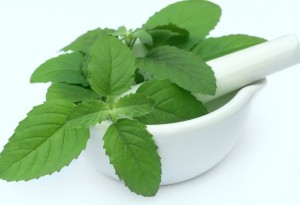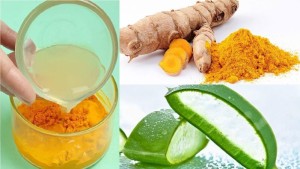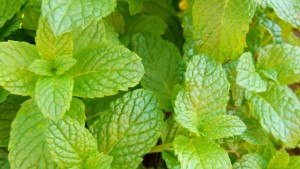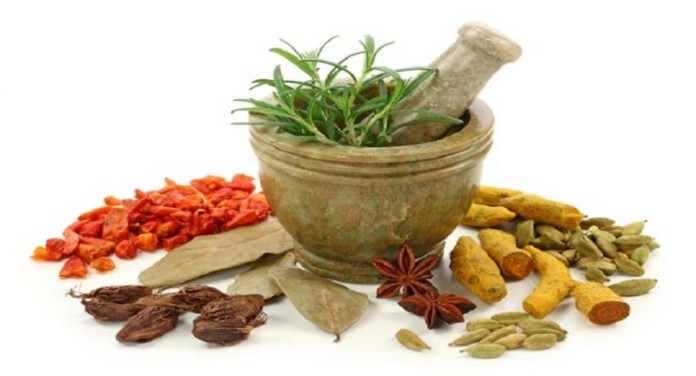Air pollution is on the rise and we all know that Delhi along with some more cities of India has now become the most polluted cities in the world. The air quality index (AQI) of these cities has even been reported as hazardous.
EFFECTS OF AIR POLLUTION
Being exposed to high levels of deteriorated air quality can be detrimental to your health in both long-term and short term. The short-term effects of air pollution include difficulty in breathing, dizziness, bronchitis, pneumonia, headache, nausea and itching in eyes, throat and nose. It can also cause skin problems leading to eczema.
Prolonged exposure to dangerous levels of air pollution can create long-term health issues. Such effects of air pollution would include lung cancer, heart diseases and respiratory diseases like emphysema. Air pollution can also cause damage to people’s nerves, brain and kidneys.
If you are still not convinced of how alarming the situation of air pollution is, consider this – more than 4.2 million people die across the globe because of indoor and outdoor pollution, as per WHO 2018 report.
Though there isn’t much that you can do about the indoor pollution except adding the humidifier and air-cleansing plants, there is something you can do to fight the air pollution outside.
AYURVEDIC HERBS TO FIGHT AIR POLLUTION
The Ayurvedic remedies to fight air pollution can help you improve your immunity against the perils of this fatal air pollution levels around us. Read on to find 5 herbs that would help you fight air pollution.
AMLA

This is one magical Indian gooseberry which is an infinite source of goodness all around. What can amla not cure, like really? It helps you fight diabetes, aids weight loss, helps you fight skin and hair problems and alleviates pain. Another benefit for which amla is known is that it boosts your immunity against air pollutants around you. Rich in Vitamin C and a whole lot of antioxidants, amla is a fruit that you must include in your diet right away. You can eat it in a candied form, as a murabba, in a pickled form or as juice; the ways to include this wonderful herb is endless.
TULSI

Tulsi or Basil has a very religious place in our culture. Our elders were wise enough to include a tulsi leaf every day in their routine, either by eating it after their morning prayers or drinking tulsi leaves soaked water or by adding it to a hot cuppa tea. Tulsi not only strengthens your respiratory system but also fights inflammation caused by air pollutants in the respiratory tract. Its anti-bacterial and anti-inflammatory properties make it one of the amazing herbs to include in your diet to fight air pollution.
GILOY

This phenomenal herb and its benefits are well-known to mankind, thanks to Ayurveda. Consuming giloy, combined with tulsi produces a compound that provides relief from chemical stress produced by industrial pollution. Add 1 tablespoon of tulsi and giloy’s juice to your diet every day to reduce the harmful effects of air pollution.
TURMERIC WITH ALOE VERA

From curing open wounds due to its antiseptic properties to curing a cold due to its anti-microbial properties, Turmeric has been in use as an all-round tonic for several ailments in Ayurveda. Turmeric is known to ward off the negative effects of inhaling air pollutants and is, therefore, a superb herb to cleanse your respiratory system. Mix turmeric with a fortifying herb like aloe vera and take a shot every morning to neutralize the effect of toxic smog around.
PEPPERMINT

Known for its antihistamine properties, peppermint helps in cleaning the respiratory tract from air pollutants and thus alleviating any congestion that might have caused due to the pollutants. Use this as sleeping oil by adding a few drops on your pillow before sleeping and inhale away the benefits.
To find more air pollution control methods, you can read our detailed article here.


